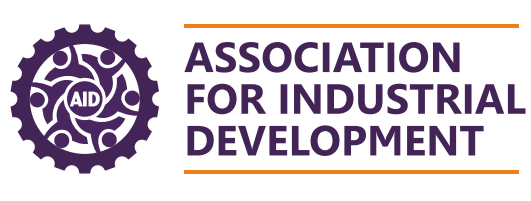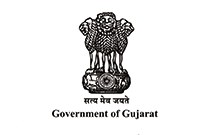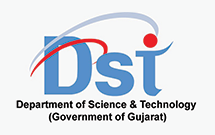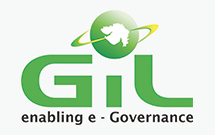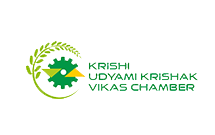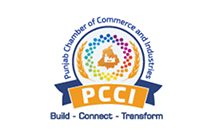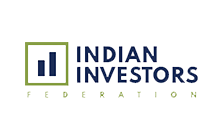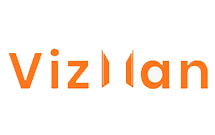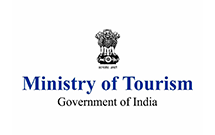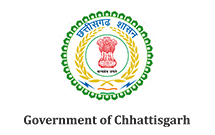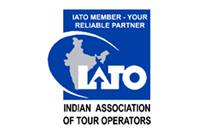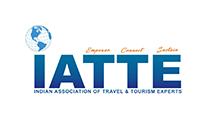Leading The Globe @2047
Growth of India@100 in 2047 will be catalyzed by rapid advancements in all business sectors with technology being the key enabler of the progress.
Rapid Smartphone penetration, faster & affordable internet fuelled by 5G (and LTE), and wider adoption of emerging technologies like Artificial Intelligence, Machinine Learning is expected to enable India leapfrog for the years to come.
Initiatives like Digital India and industry-friendly policies (e.g. PLI scheme for semiconductor fabrication companies, PLI scheme for textile industry, etc.) are some of the key initiatives winning the confidence of investors and consumers alike. The nation’s burgeoning technology infrastructure is the growth engine for the business models of the new-age technology-led businesses. The rise of new-age digital consumers have strengthened India’s position as one of the fastest growing digital economies globally. Registering a mammoth 10x growth from 2020, India’s digital economy is slated to be a US$800 billion market by 2030.
Technologies have been creating a significant impact on human lives, society, the environment, industries, academia, and government. It is essential to identify the new capabilities that emerge from the latest technologies and their convergence. Unlocking the potential of these new capabilities is essential for India to grow exponentially by 2047.
The expanding economy of India is propelling growth in local demand which is making IT sector grow exponentially and stringent steps are being taken to fast forward the implementation of new technologies. In the future India will need to strategize, implement and execute the next generation tech like Artificial Intelligence, Smart Cities, Blockchain, Internet of Things, more and more as the times will demand.
Information Technology-India will lead all the other countries in the field of Information Technology in the year 2047.
15th November - 2024 , The Lalit, New Delhi, India
Preamble :
We believe that the growth and development agenda for the next few decades should not only focus on economic progress to cater to rising aspirations of young Indians but also in achieving that in a sustainable manner. To this end, the technical and managerial capabilities of public and private sector, under the comprehensive framework of Digital India, can be leveraged to take India into the digital age.
The following deliberations could be taken up under the above:
ICT4SD Academic
Original contributions from researchers describing research contribution should be review and to share their work in all areas of Smart and Innovative trends.
ICT4SD Industry
The concern about sustainability has arisen due to the overuse of natural resources and the increased use of energy consumption over the last decades. Information communication technologies (ICT) has the potential to address the three main aspects of sustainability (people, planet, profit) and therefore, organizations have initiated a sustainable development by integrating ICT within their business activities.
The forward-thinking innovation of today and what we project to be trending tomorrow.
ICT4SD The Government
Information and communication technologies (ICTs) and related telecommunication and other digital networks are considered to be a major driving force of building information societies & economies and are increasingly recognized as a new factor in improving existing governance practices. For those transition, countries that have managed to develop relatively stable democracies, the main benefit of technology-based e-governance systems is seen in the building of a full-fledged open information society by providing a wide range of on-line public services, in fostering mutually effective public-private partnerships in gaining visible economic gains, in enhancing representative democracy by overcoming low levels of electoral participation, and – most importantly – in fundamentally changing present governance practices and models.
At the local level, e-governance and the appropriate use of ICT can enhance and support economic and social development, particularly in empowering officials and municipal representatives, ensuring linkages, networking, timely, efficient, transparent and accountable services. E-local governance means exploiting the power of ICT to help transform the accessibility, quality and cost-effectiveness of public service and to help revitalize the relationship between customers, citizens and the public bodies who work on their benefits.
Preamble :
Global Privacy and Data security problems, there is increased emphasis on, and investment in, the security of cyber infrastructure. Data powers the information economy and the risks associated with it continue to increase rapidly. Data breach, identity theft, loss of customer trust—these are the threats to organizations of all sizes, in all sectors.
Protection of critical infrastructure operations has emerged as a major challenge. This is because trillions of dollars move through the networks every day involving a broad range of activities, including e-commerce, e-governance, travel, hospitality, health care, and general communications. Electricity distribution, water distribution, and several other utility services are based on ICT infrastructures. The defense sector relies heavily on electronic systems.
The following deliberations could be taken up under the above:
India is one of the fastest growing markets for electronics. The demand is projected to reach USD 400 Billion.
The electronics industry is an expansive and rapidly growing sector with a multitude of applications. Electronics are acknowledged as a ‘meta-source’ globally and enable an increase in productivity, boost infrastructure development, improve the efficiency of service dispensation, and revolutionise society. The use of semiconductor chips is ubiquitous in all electronic instruments aiding in improvements and evolution in innumerable applications such as communications, computing, health care, military systems, transportation, and clean energy. Semiconductors are vital for sustaining state-of-the-art technology and are forecasted to play an even enhanced role with the development of new technologies like artificial intelligence (AI), 5G, Internet of Things (IoT), smart cars and factories, robotics, etc.
“The country's own consumption of semiconductors is expected to cross $80 billion by 2026 and $110 billion by 2030, and the government is investing heavily in skilling and training young Indians for the needs of the 21st century”.
The following deliberations could be taken up under the above:
The following deliberations could be taken up under the above:
| SECTORAL TALKATON @GRAND BALL ROOM | |
|---|---|
| 14:15 Hrs. – 15:15 Hrs. |
INFORMATION & COMMUNICATION TECHNOLOGY
|
| Chief Guest |
|
| GUEST OF HONOR |
|
| ESTEEMED GUEST |
|
| ESTEEMED GUEST |
|
| TALKATION HANDLED BY |
|
| Question - Answer Session |
|---|
| Concluding Remarks and Vote of Thanks |
| Networking | |
|---|---|
| MEDIA BITE & DEPARTURE HON’BLE MINISTERS & GUEST | |


